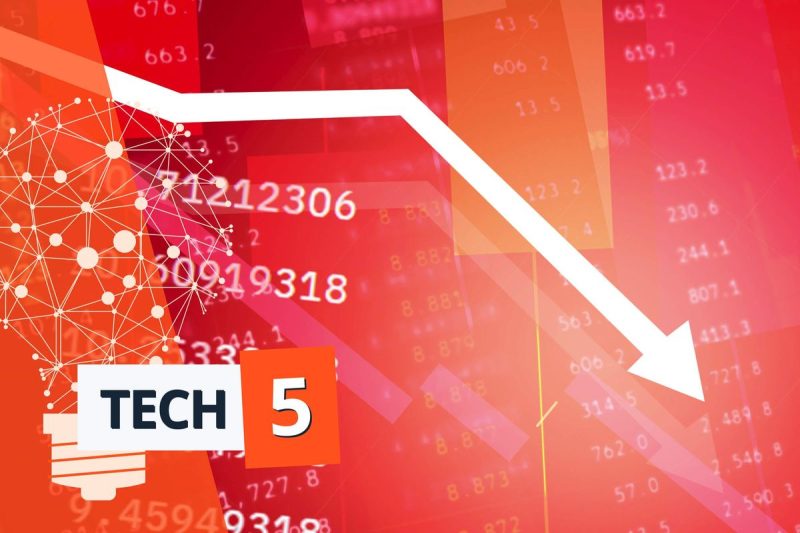In a recent turn of events, the tech industry found itself in the throes of panic selling as recession fears took a toll on investor confidence. The following five key recession fears kickstarted panic selling, resulting in a tech selloff that sent shockwaves through the market.
1. Economic Slowdown: One of the primary recession fears that led to panic selling in the tech sector was the looming threat of an economic slowdown. With global economic indicators showing signs of weakness, investors became increasingly wary of the potential impact on tech companies’ revenue and profitability.
2. Trade War Uncertainty: The ongoing trade war between the US and China created a cloud of uncertainty over the tech industry. Fears of escalating tariffs and disrupted supply chains prompted investors to reevaluate their tech investments, leading to a wave of panic selling.
3. Rising Interest Rates: Another factor that fueled panic selling in the tech sector was the prospect of rising interest rates. Higher interest rates can increase borrowing costs for tech companies, impacting their bottom line and growth prospects, prompting investors to offload their tech holdings.
4. Overvaluation Concerns: The tech sector has been known for its high valuations in recent years, raising concerns among investors about a potential bubble burst. As recession fears heightened, investors became more cautious about holding onto overvalued tech stocks, triggering a selloff.
5. Regulatory Scrutiny: Increased regulatory scrutiny on tech giants for antitrust and data privacy issues added to the recession fears driving panic selling. Regulatory pressures have the potential to disrupt tech companies’ business models and revenue streams, making them less attractive to investors in uncertain times.
In conclusion, the convergence of these recession fears culminated in a tech selloff that reverberated across the market. As investors grappled with uncertainty and risk aversion, panic selling became a prevailing sentiment in the tech sector. Moving forward, it remains crucial for investors to stay vigilant, diversify their portfolios, and carefully assess the impact of recession fears on the tech industry.

